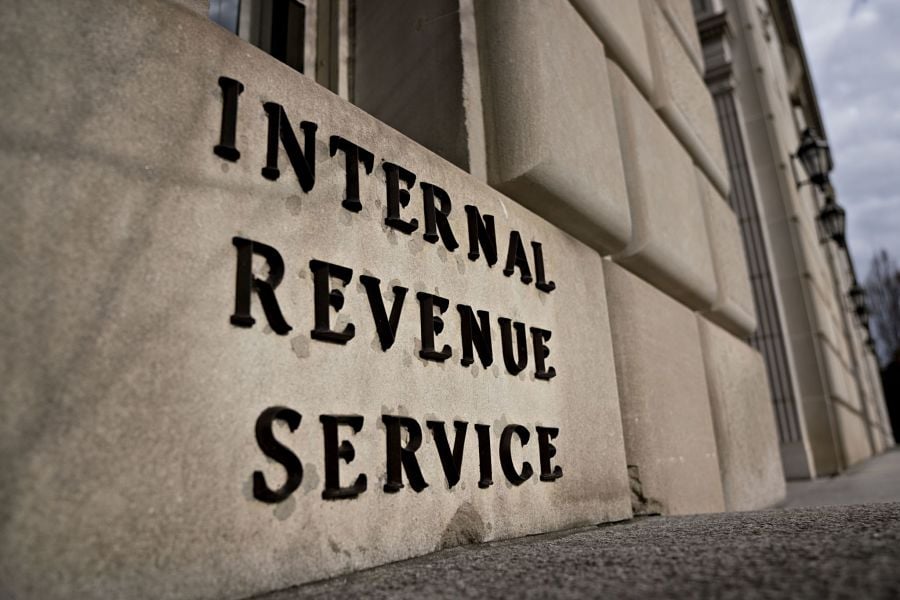

As extreme wildfires continue to engulf parts of California, the Internal Revenue Service has unveiled a slate of measures and concessions to help affected taxpayers.
The federal revenue collection agency made the announcement Friday, following a disaster declaration from the Federal Emergency Management Agency, which at the time applied only to Los Angeles County.
"The same relief will be available to any other counties added later to the disaster area," the IRS said in its statement.
The IRS taxpayers impacted by the fires – for which the economic and financial toll has gone up from a previous $57 billion estimate to as high as $150 billion, potentially making it the costliest disaster in California's history – now have until October 15 to make key federal tax filings and contributions to certain tax-advantaged accounts. Those include but are not limited to:
While taxpayers whose address on record can expect automatic filing and penalty relief, the IRS explained that those who moved after filing their return or residents outside the impacted areas who otherwise qualify for relief may need to contact the agency.
"This also includes workers assisting the relief activities who are affiliated with a recognized government or philanthropic organization," it said.
Those affected by the calamity in Los Angeles have the option to claim disaster-related casualty losses on either their 2024 or 2025 federal income tax returns, including uninsured or unreimbursed losses. Additionally, qualified disaster relief payments received from government agencies for personal, family, or property-related expenses are excluded from gross income.
For individuals with retirement accounts, the IRS highlighted other potential steps to ease their financial burdens. Affected taxpayers may be eligible to take disaster-related distributions from their retirement plans or IRAs without incurring the usual 10 percent early withdrawal penalty. These distributions can also be spread out over three years for tax purposes, reducing the immediate financial impact.
Additionally, participants in retirement plans may qualify for hardship withdrawals if they face significant disaster-related expenses, including costs for home repairs, medical bills, or other urgent needs.
Echoing a previous advisory extended to victims of Hurricanes Helene and Milton last year, the IRS emphasized affected taxpayers must take the specific rules governing their retirement plans and accounts into consideration.
"Each plan or IRA has specific rules and guidance for their participants to follow," the IRS said, adding it "may provide additional disaster relief in the future."

Eliseo Prisno, a former Merrill advisor, allegedly collected unapproved fees from Filipino clients by secretly accessing their accounts at two separate brokerages.

The Harford, Connecticut-based RIA is expanding into a new market in the mid-Atlantic region while crossing another billion-dollar milestone.

The Wall Street giant's global wealth head says affluent clients are shifting away from America amid growing fallout from President Donald Trump's hardline politics.

Chief economists, advisors, and chief investment officers share their reactions to the June US employment report.

"This shouldn’t be hard to ban, but neither party will do it. So offensive to the people they serve," RIA titan Peter Mallouk said in a post that referenced Nancy Pelosi's reported stock gains.
Orion's Tom Wilson on delivering coordinated, high-touch service in a world where returns alone no longer set you apart.
Barely a decade old, registered index-linked annuities have quickly surged in popularity, thanks to their unique blend of protection and growth potential—an appealing option for investors looking to chart a steadier course through today's choppy market waters, says Myles Lambert, Brighthouse Financial.
